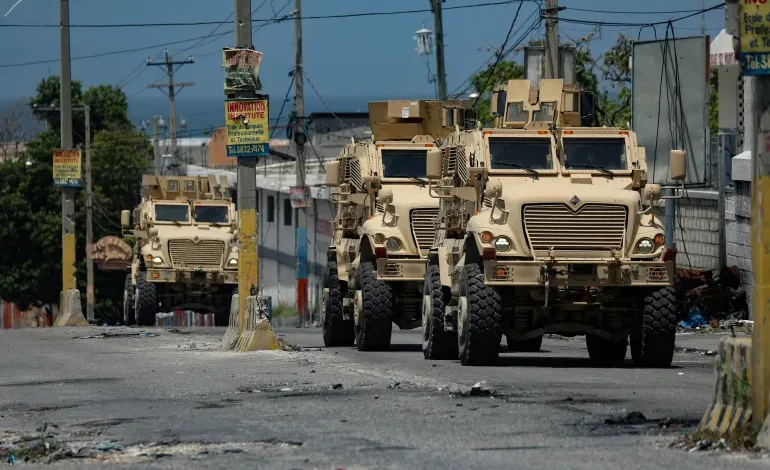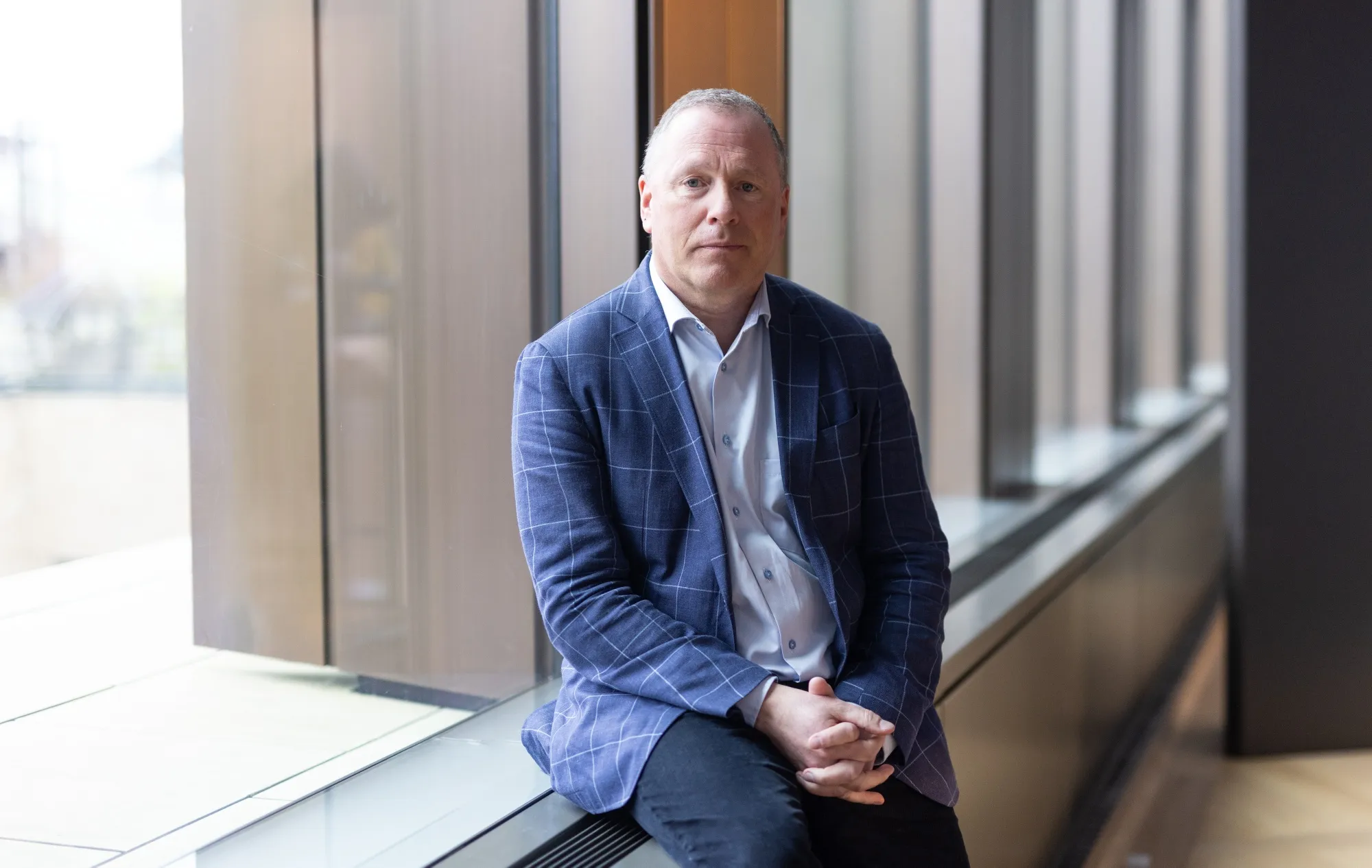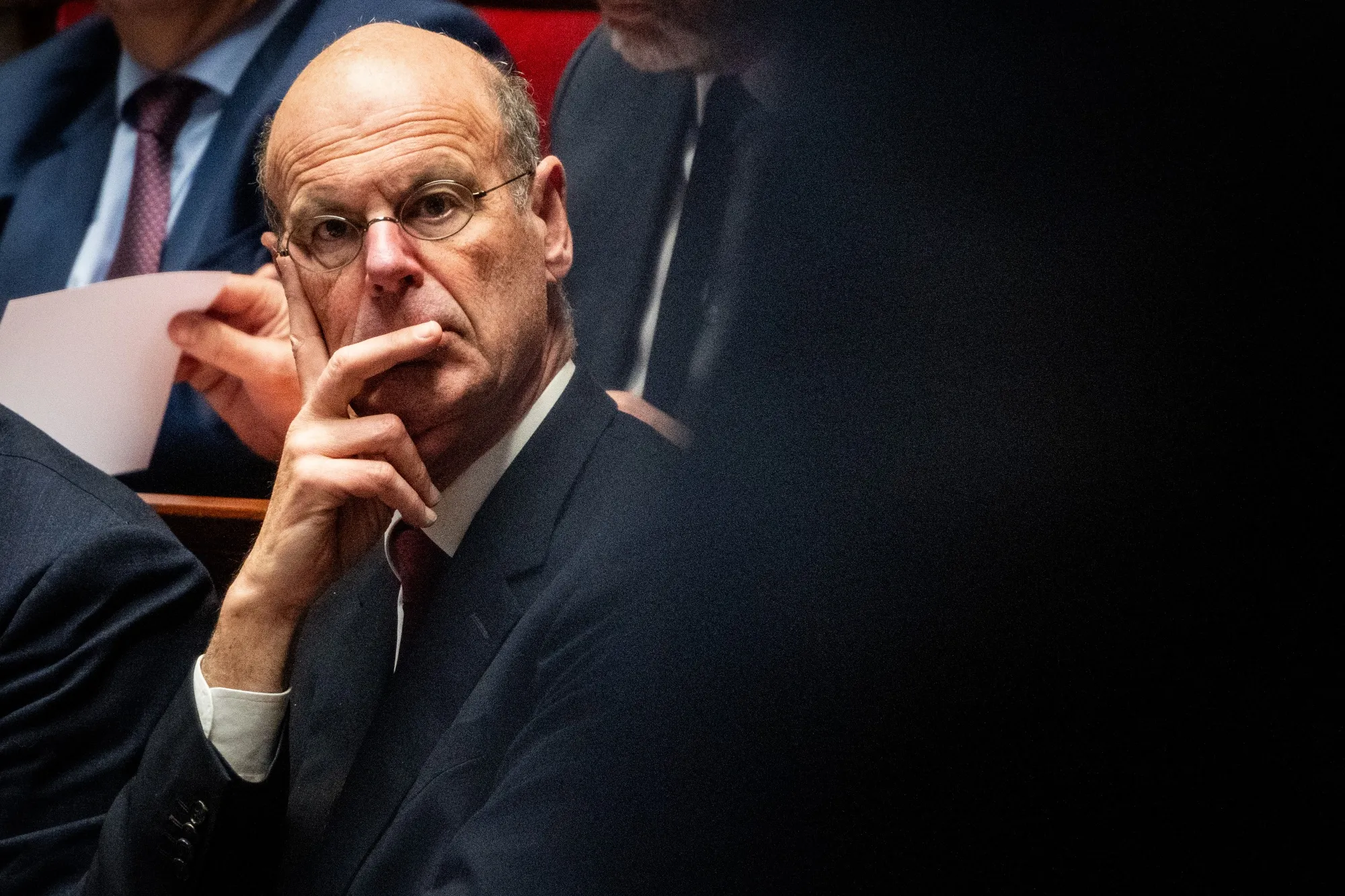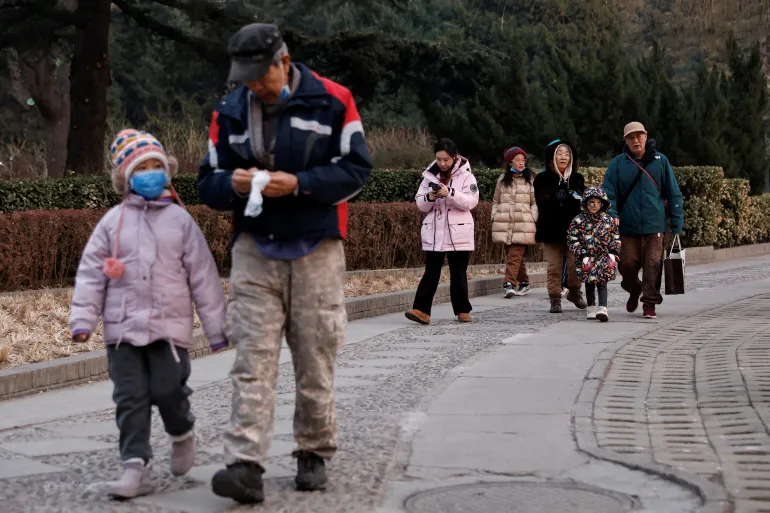UN Extends Haiti Police Mission Amidst Gang Violence Crisis

The United Nations Security Council has unanimously voted to extend the mandate of a multinational police mission in Haiti for another year, as the Caribbean nation grapples with a surge in gang violence and instability, Al Jazeera reports.
The resolution, adopted on Monday, expressed “deep concern about the situation in Haiti including violence, criminal activities and mass displacement.” It extends the Kenyan-led policing mission, tasked with assisting the Haitian National Police in reclaiming areas under gang control, until October 2, 2025.
The vote comes amidst a dire security situation in Haiti. The UN reported that at least 3,661 people were killed in the first half of 2024 alone due to the escalating gang violence that has engulfed the country. Haitian leaders have admitted that the fight against armed groups is far from over, as they continue to carry out attacks and kidnappings across the capital, Port-au-Prince, and other regions. The violence has displaced over 700,000 Haitians.
“There is a sense of urgency because the Haitian people are watching with cautious optimism, they’re really hoping to see clear results,” said Haiti’s interim Prime Minister Garry Conille.
The escalating violence has been attributed to years of political instability and the growing influence of armed groups with ties to political and business elites. The situation worsened dramatically in February when gangs launched attacks on prisons and government institutions in Port-au-Prince, prompting the resignation of the unelected prime minister and the deployment of the UN-backed police force.
However, the mission, formally known as the Multinational Security Support Mission (MSS), faces significant challenges. Funding has been lagging, and experts warn that the force remains under-resourced despite pledges of over 3,100 troops from various countries. Only about 400 officers have been deployed to Haiti so far.
Some experts question whether the police mission can succeed without a clear strategy and oversight.
“Two years after the force was proposed, there is still no actual strategy for peace in Haiti,” said Jake Johnston, an analyst at the Center for Economic and Policy Research.
Haiti’s transitional council has called for the mission to be transformed into a UN peacekeeping operation, which would allow for increased funding. However, this proposal has been met with opposition from Russia and China, who hold veto power on the Security Council.
The situation in Haiti highlights the complexities of addressing a multifaceted crisis. While many Haitians welcome the police mission as a step towards tackling gang violence, they also express wariness towards UN interventions due to past controversies.
Rights advocates argue that a comprehensive solution requires more than just military intervention. They emphasize the need for increased support and training for the Haitian National Police, as well as addressing corruption and fostering a Haitian-led political process.








